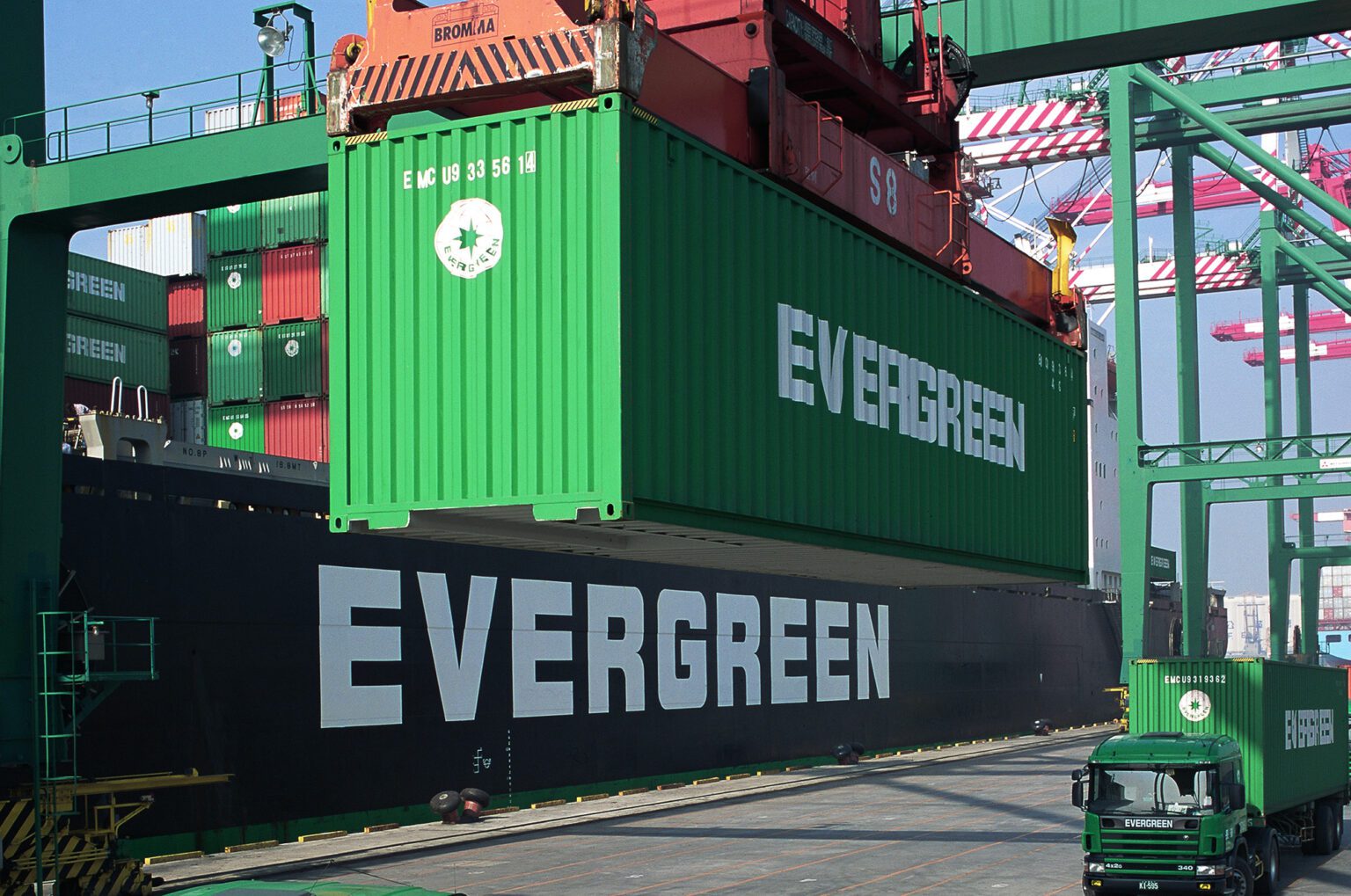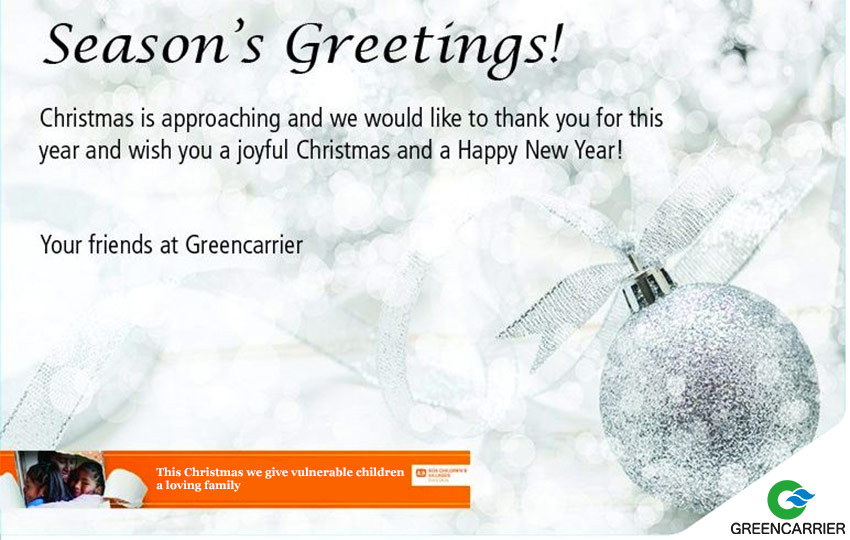The meaning of the IMO rule change is that the gross weight of a pre-packaged container will be determined by weighing. These new rules called SOLAS (Safety of Life at Sea Convention), were adopted by the International Maritime Organization (IMO) in November 2014 and becomes mandatory on 1 July 2016.
The new mandatory rules means a requirement for shippers to verify the gross mass of a container carrying cargo. Without a verified gross mass the packed container shall not be loaded aboard the ship.
The rules prescribe two methods by which the shipper may obtain the verified gross mass of a packed container:
- Method 1, upon the conclusion of packing and sealing a container, the shipper may weigh, or have arranged that a third party weigh, the packed container.
- Method 2, the shipper or, by arrangement of the shipper, a third party may weigh all included components separately, including pallets, packing materials and securing equipment. The container weight is added to the sum of the individual masses of the container’s contents.
In respect of both Method 1 and 2, the weighing equipment used must meet the applicable accuracy standards and requirements of the State in which the equipment is being used.
The most important change is that an independent party must verify container weight before being loaded on the ship. The weight must be stated in the transport documents and it is the shipper who is responsible for doing that.
Who is ‘the shipper’ in the context of this new procedure?
Under the SOLAS requirements, the shipper named on the ocean bill of lading is the party responsible for providing the maritime (ocean) carrier (‘master’) and the terminal operator (‘terminal representative’) with the verified gross mass of a packed container.
As responsible shipper you need to be aware of the SOLAS amendments, and be prepared to take appropriate action to engage with counterparties in order to comply on 1 July 2016.
If you have any questions don’t hesitate to contact your local Greencarrier representative.



